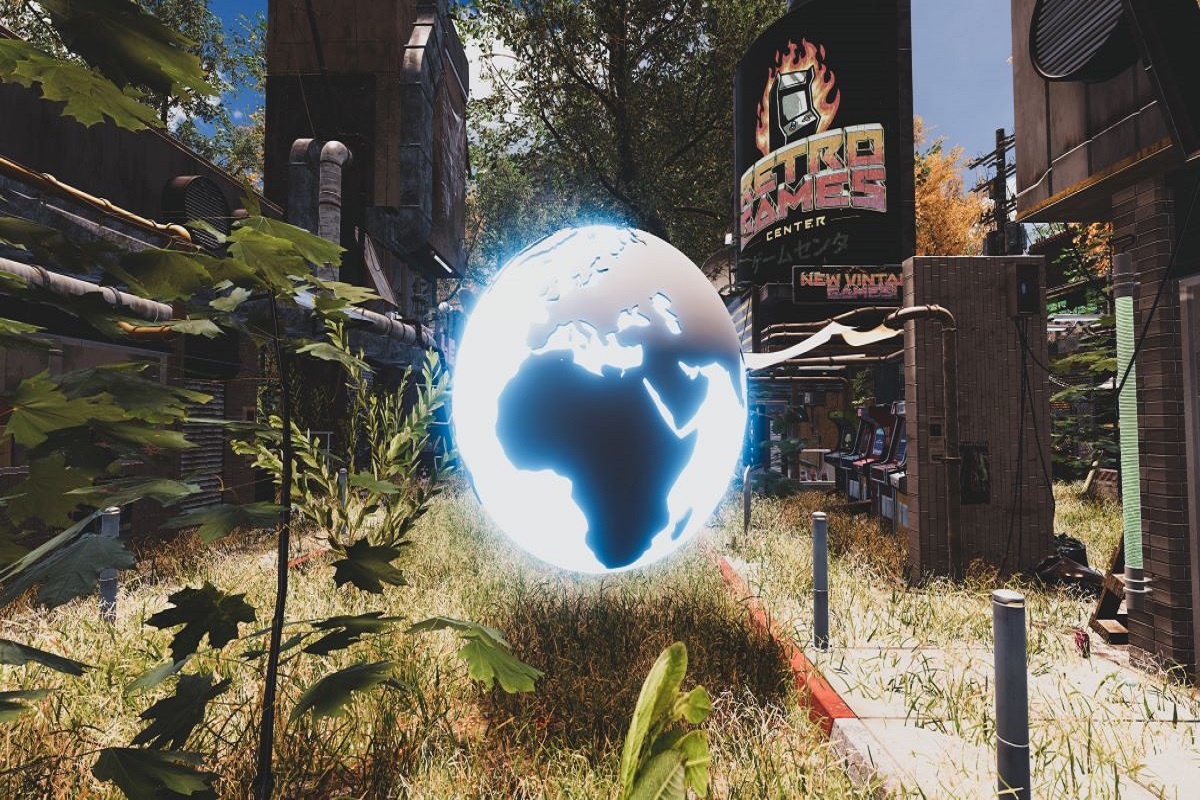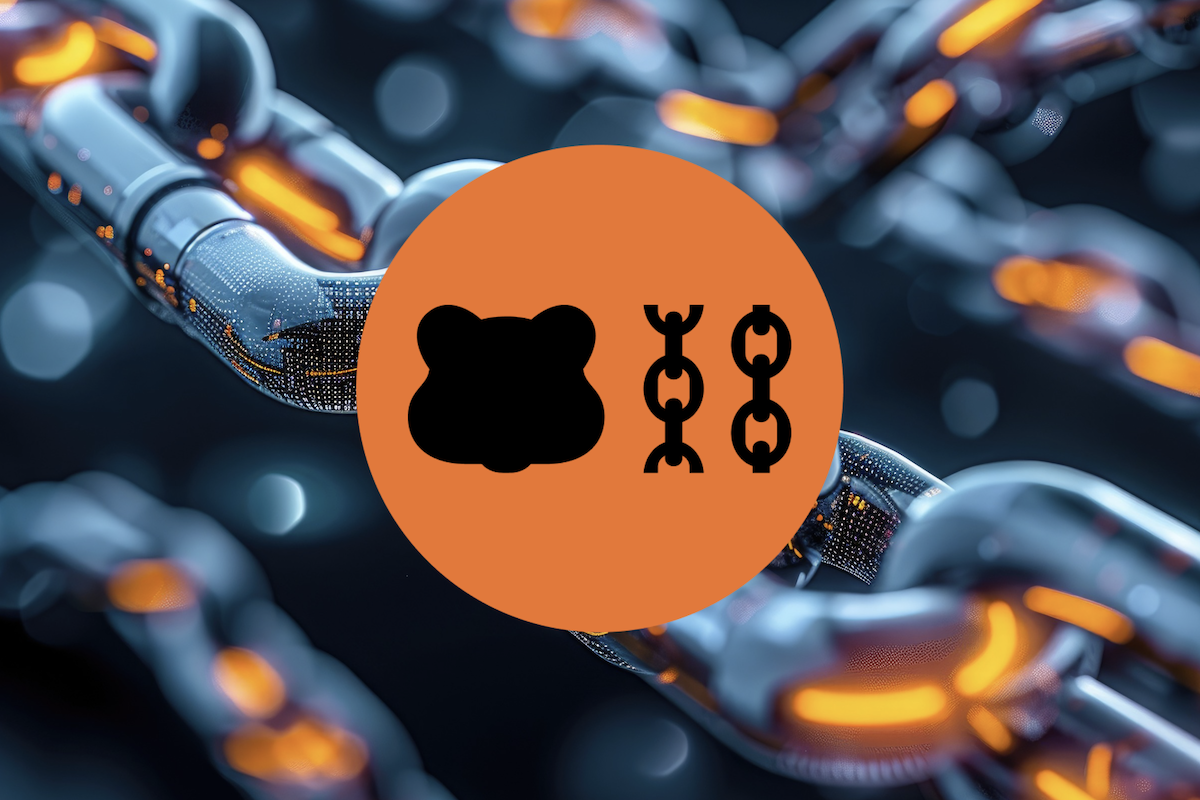Wherever you turn these days, you’re likely to find news about NFTs.
Whether it is a football club selling their tokens, a video game developer dipping their toe in the water, or a record-breaking art sale, NFTs are everywhere. They could be described as the newest craze, and people are eager to get on board.
However, it isn’t all plain sailing, as the experiences of one of the world’s most famous game developers prove. Team 17 have been around for more than three decades, with titles such as Superfrog, Alien Breed, and Overcooked 2 in their back catalogue. However, by far their most popular brand is the Worms series.
Worms has produced no fewer than 17 standalone titles for Team 17, from the 1995 game Worms to Worms W.M.D in 2016. The popular battle game can be found in various guises on mobile devices as well, with Worms Open Warfare one of the most popular away from home consoles. The branding alone is also famous, with multiple spin-offs, including the online slot title Worms Reloaded featured on Foxy Bingo. It uses the iconic Worms branding for a different type of game, something we also see in other spin-offs, such as Worms Golf and Worms Rumble. There’s no denying it; Worms is a video game institution of the highest order.
It was also the scene of another battleground, not one with burrowing Worms armed with grenades, but one involving NFTs and consumers happy to lash out. As Destructoid reports, the company announced a range of environmentally-friendly NFTs called MetaWorms, which they hoped would catch on big time. They didn’t; in fact, they had the opposite effect.
Quickly after announcing the project, the backlash started. Many employees of the company, who have two offices, claimed to know nothing of the plot. Media and video gamers reacted negatively, with the project getting widespread condemnation. Aggro Crab, developer of Going Under, a game published by Team 17, cut ties with the company, called the idea ‘a grift’. Other developers, such as Playtonic Games and Ghost Town Games, did the same. Within 24 hours, the plans were shelved; “We have listened to our Teamsters, development partners, and our games’ communities, and the concerns they’ve expressed, and have therefore taken the decision to step back from the NFT space,” they said. Still, the damage had been done; Team 17 were now associated with a failed NFT plot, and their brand lost 30-years of goodwill overnight.
The gaming world has not reacted well to NFTs. Big developers, such as Ubisoft, have seen the commercial value, but the typical end-user has seen nothing useful for them and their gaming experience. There’s no doubt NFTs have a place in the world, and it does seem odd that the industry most suited to them, video gaming, has reacted so negatively. Consumers in the music industry have embraced them, so why not in video games? What does the reaction to Team 17s failed Worms project teach other developers?
Typically, gamers wish to pay an upfront fee for their game, which they then own and play. Major developers, such as Electronic Arts and Ubisoft, want to release a game and continue to monetize that title for years afterwards. This creates tension between consumers and developers, where multiple methods of squeezing more money out of players have been met with backlash. Gamers endured premium downloadable content, subscriptions, micro-transactions, and randomized loot boxes, each making a player angrier. The additional content doesn’t make the game any better to play in many instances. NFTs just come as another battle in an ongoing war between gamers and developers. An NFT is a souvenir or token of fandom in the music industry, but in the gaming industry, you are not a supporter of a game; you are the customer, and a customer wants value for money.
Team 17s NFT project failed more spectacularly than those before, which will serve as a warning in the future. Any developer hoping to hop about the NFT train will have to canvass opinion, offer something tangible as a benefit and act with their customer interests at heart, not their own bank balance. Releasing an NFT could still be more dangerous than a Worm throwing a timed hand grenade at you.
Support Us via our Sponsors
Credit: Source link









